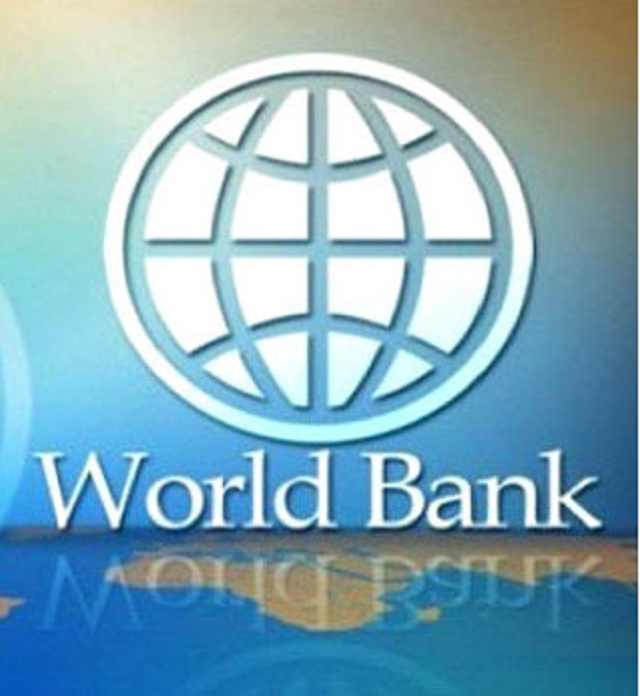According to data from the World Bank, low-skilled Nigerians who immigrated to the US saw a 1,500% increase in their income.
The World Development Report 2023: Migrants, Refugees, and Societies, which was published on Tuesday and made available online by the World Bank, included this.
According to the report, those who migrated from low-income to high-income countries stood to benefit the most from their decision.
It said, “Migrating from low- to high-income countries offers the greatest potential gains. Results are also influenced by the labor market at the destination.
Gains vary according to a migrant’s skills, gender, age, and language proficiency. Low-skilled workers also see an immense rise in their income, even though high-skilled workers’ gains are greater in total terms than low-skilled workers’ gains.
“For instance, moving to the United States increases the earnings of low-skilled Yemenis and Nigerians by about 15 times. When low-skilled workers relocate from a society with high socioeconomic inequalities to one with fewer inequalities and where the wage gap between low- and high-skilled workers is smaller, they are more likely to experience gains.
The countries with the highest gains for low-skilled migrants are Yemen (over 1,500%), Nigeria (almost 1,500%), and Egypt (over 1000%), according to a graph illustrating the increase.
It was noted that, particularly for low-skilled workers, income increases can occasionally be partially offset by the financial burdens of relocation.
According to the report, “Migrants encounter a range of expenses prior to their departure, from the job information and job matching fees they pay to intermediary agents to legal compliance or documentation fees (for a visa/sponsorship, medical tests, and security clearance), transportation costs, and pre-departure training costs they must pay”.
It further stated that “These expenses are typically paid for by the workers in low-skilled migration, which goes against the concept of equitable hiring. Many low-skilled workers are unable to take advantage of migration opportunities because of these costs, which tend to rise with the length of contracts”.
Furthermore, it was mentioned that Nigeria is a significant migration hub, with 1.7 million emigrants and nearly 1.3 million immigrants calling Nigeria home.
The study also showed that remittance-receiving households in Nigeria invest more in agrochemicals and planting supplies, and their farms produce more.
However, it made note of the fact that in Nigeria, remittance inflows increased by almost 10 times in a single year before falling off, despite the fact that economic fundamentals indicate they should have continued to rise.
The report added that 3.2 million of the 59.1 million IDPs are from Nigeria and nine other nations, making up more than two-thirds of the total.
Despite a drop in fertility from 6.4 to 5.1, it was further noted that Nigeria is expected to increase its population from 213 million to 791 million by the end of the century, overtaking India as the second-most populous nation in the world.













